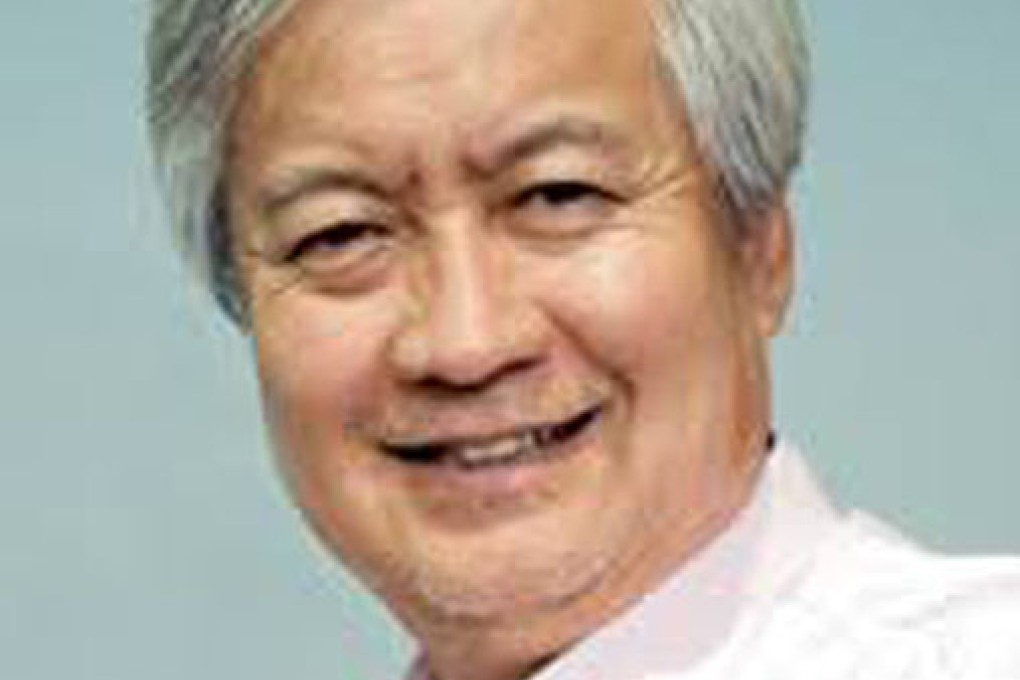Beijing aims to silence influential social media voices
Humiliation of Charles Xue and arrest of bloggers and journalists seen as a warning to popular microbloggers to tone down criticism

Beijing's clampdown on "rumour-mongers" in recent weeks has led to the detention of commentators from all walks of mainland social media - but it is the influential voices among them that the government wants to silence in order to stem the spread of liberal views.
On Friday, state media stepped up its already extensive coverage of the detention of Charles Xue. The Chinese-American venture capitalist, who has more than 12 million followers on popular micro blogging platform Sina Weibo, is one of the most prominent liberal voices on Chinese social media.

His public humiliation comes shortly after several others were arrested, accused of spreading misinformation on social media. In one case, which caused a public outcry, a microblogger claimed the railways ministry paid higher compensation to foreign victims of train crashes than to Chinese victims.
By Friday, several hundred people had been detained on charges of "spreading rumours" and "causing trouble".
On the surface the crackdown is aimed at protecting citizens' privacy online, said Nicholas Bequelin, a Hong Kong-based senior researcher with Human Rights Watch.
But in reality, influential Weibo voices such as Xue "have created an alternative hierarchy of news and therefore challenged a party monopoly", he said."This is an attempt to roll back the space won by the Chinese citizenry over the years in terms of debating and criticising the government."